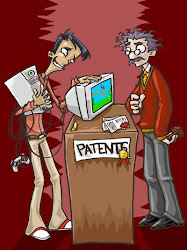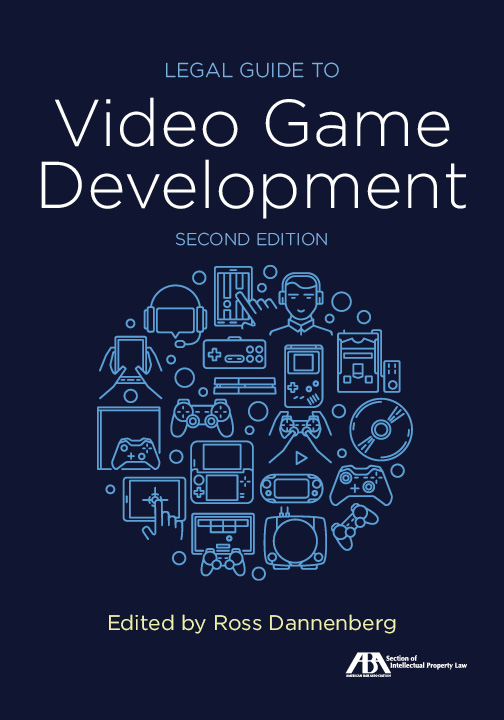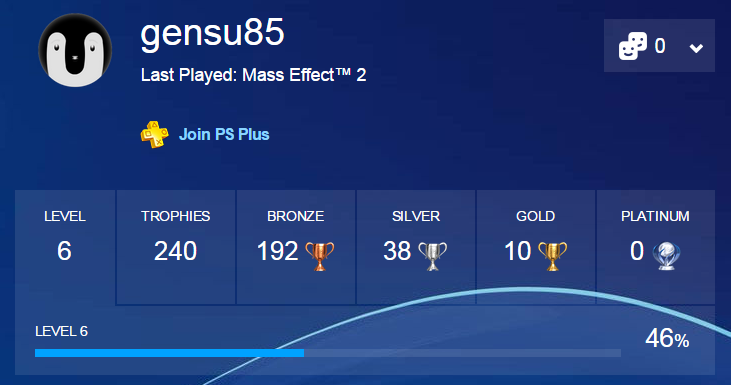TOP TEN VIDEO GAME PATENTSby Ross Dannenberg & Steve ChangWhen the editors at Gamasutra asked us to prepare a list of the top ten video game patents, we initially thought "Hey, no problem, that will be easy." As we’ve dug into this in a little more detail, we realized that what we signed up for was no easy task, because there are quite a few issues that make it difficult to simply whip up a list of the top 10 video game patents.
First, what makes a patent a video game patent? Is it a video game patent if it describes video game play methods? What about hardware? Audio/video processing techniques? There are endless patents that may be utilized in some form or another when playing a video game.
Second, what determines whether a patent is a good patent or a bad patent? Its coolness factor? Financial worth? Something else entirely?
Third, how do you compare patents that cover completely disparate technologies from completely different times? How do you compare the original
Pong patent with a patent for giving "kudos" based on driving style? The
coup de grace then is this: how do you rank patents that each derive merit from a different one of these metrics?
The fact of the matter is you can’t, because there are many ways in which patents can be valuable. Some patents are widely licensed and bring lots of licensing revenue to its owners; other patents introduce a key technological advance that becomes an industry standard; and other patents possess a certain
je ne sais quoi, the “IT” factor of a really neat idea.
Needless to say, given these complexities, this list is fairly subjective, and we would be blown away if no one disagreed with us...
Read the entire article at Gamasutra.com.




